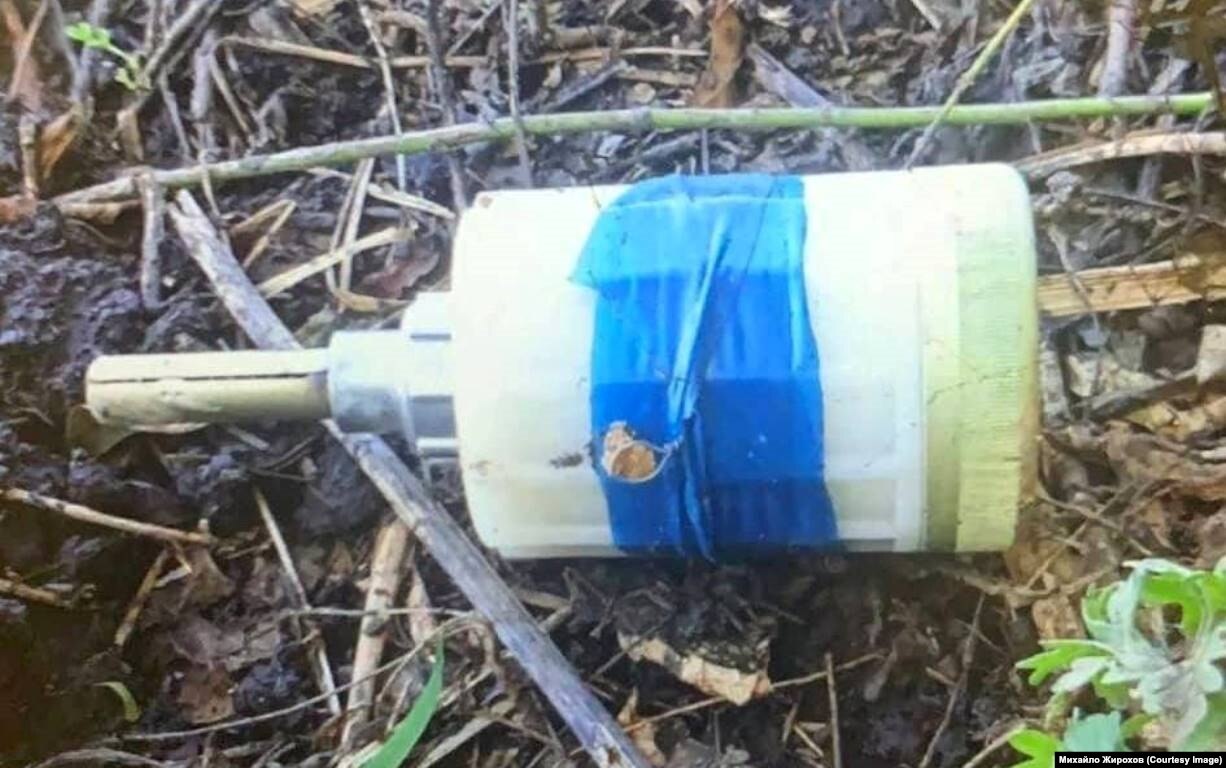On 4 July, Dutch and German intelligence agencies have confirmed that Russia is using banned chemical weapons in Ukraine on a large scale, with drones dropping choking agents on Ukrainian positions. The revelations, based on joint investigations, show what officials describe as a systematic and intensifying pattern of illegal chemical warfare.
Intelligence agencies confirm large-scale Russian chemical weapons program
Reuters says Dutch and German officials jointly reported that Russia is operating a coordinated program to produce and deploy banned chemical weapons in Ukraine. The Dutch Military Intelligence and Security Service (MIVD) and Germany’s BND foreign intelligence agency confirmed gathering evidence of these violations, including Russia’s use of drones to drop choking agents—such as chloropicrin—on Ukrainian trenches to force soldiers into open fire.
According to Dutch Defense Minister Ruben Brekelmans, “we can confirm Russia is intensifying its use of chemical weapons.” He added that this trend is not isolated but part of a normalization of chemical warfare tactics by Russian forces.
Thousands of chemical-related incidents and battlefield injuries
The head of the Dutch MIVD, Peter Reesink, said his agency’s conclusions were based on independent investigations.
At least three Ukrainian deaths have been tied to chemical attacks, according to Brekelmans, and more than 2,500 people have reported symptoms related to chemical exposure on the battlefield, Ukrainian health authorities report.
The United States had first accused Russia of using chloropicrin in May 2024. The compound, originally used by Germany in World War One, is more toxic than riot control agents and is banned under the Chemical Weapons Convention.
According to Reesink, Russia’s chemical weapons use is no longer a matter of improvisation:
“This isn’t just some ad-hoc tinkering at the frontline; it is truly part of a large-scale program.”
Calls for sanctions and exclusion from international bodies
Brekelmans called for increased sanctions and political pressure:
“We must further increase the pressure. This means looking at more sanctions and specifically not allowing them (Russia) to participate in international bodies like the Executive Council of the OPCW.”
The European Commission is considering adding 15 more individuals and entities to its sanctions list for suspected involvement in chemical weapons use in Ukraine.
Read also
-
UN confirms Russia’s guilt for Olenivka massacre in 2022— Ukraine vows to hold Azovstal killers accountable
-
“Lilac” CS gas, outlawed since 1925, is now Russia’s silent weapon in Dnipropetrovsk trenches
-
Europe hits Kremlin’s labs over prohibited chemical attacks in Ukraine
-
EU prepares sanctions against Russia for using tear gas as weapon in Ukraine




